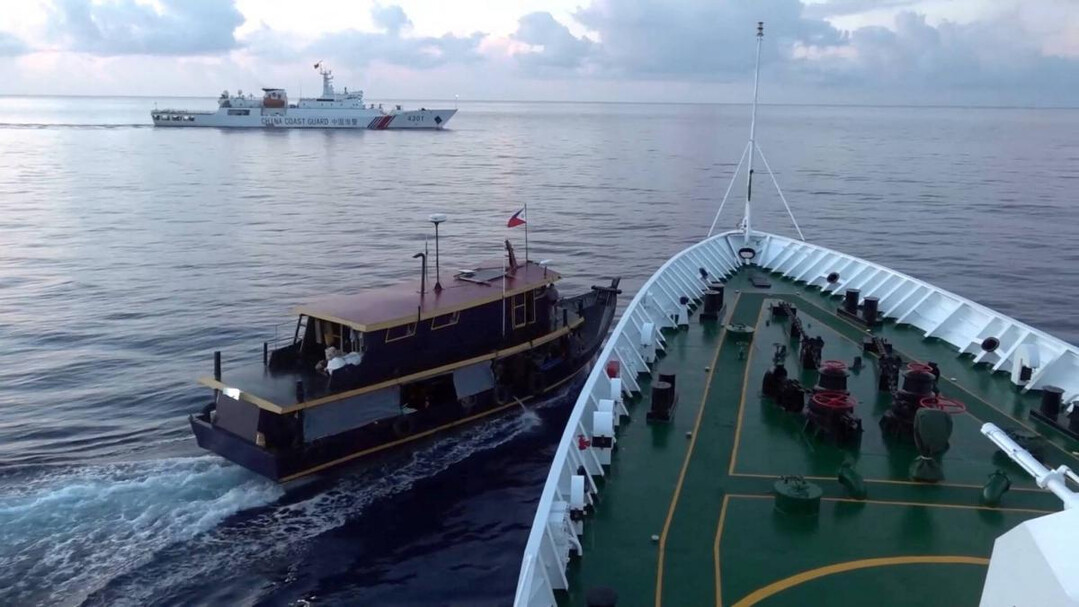
Beijing and Manila have escalated their war of words over the contested South China Sea, with China's Defense Ministry issuing a stern warning to the Philippines to cease what it termed "risky but futile provocations." The escalating rhetoric underscores the growing tensions in the strategically vital waterway, where competing territorial claims have long fueled regional anxieties.
Zhang Xiaogang, a spokesperson for China's Defense Ministry, reiterated Beijing's unwavering stance on its sovereignty over the South China Sea islands and adjacent waters. He asserted that China's actions are aimed at safeguarding its "territorial sovereignty and maritime rights and interests." "We are committed to peace and stability in the region," Zhang stated, while simultaneously accusing the Philippines of repeated infringements on China's sovereignty.
The Chinese spokesperson dismissed concerns over freedom of navigation and overflight, stating that no such issues exist in the South China Sea. He instead pointed fingers at "countries outside the region" for exacerbating tensions, a clear reference to the United States and its allies.
The sharp rebuke from Beijing followed strong statements by Philippine Defense Secretary Gilberto Teodoro, who labeled China's "increasing aggression" as the paramount threat to the Philippines' national security. Teodoro emphasized that the Philippines, alongside its security allies, would resolutely counter any "aggressive attempt" by China. He further warned that Manila would take countermeasures against any Chinese efforts to establish an air defense identification zone (ADIZ) or restrict freedom of flight over the disputed waters.
The ongoing dispute centers on competing claims over islands, reefs, and resources in the South China Sea. The Philippines, along with other Southeast Asian nations, has challenged China's expansive claims, which are based on its so-called "nine-dash line." An international tribunal in The Hague in 2016 ruled that China's claims have no legal basis, a ruling Beijing has rejected.
Recent incidents, including alleged Chinese coast guard harassment of Philippine vessels and the use of water cannons, have further heightened tensions. The presence of numerous Chinese maritime militia vessels in the disputed waters has also drawn condemnation from the Philippines and its allies.
The United States, which has a mutual defense treaty with the Philippines, has repeatedly affirmed its commitment to supporting its ally in the face of Chinese aggression. The US has conducted regular freedom of navigation operations in the South China Sea, which China views as provocative.
The Chinese spokesperson stated that the Phillipines must solve the issue by dialogue, and not by provocation. The Phillipines has increased its military ties with the United states, and also other countries such as Australia, and Japan. This increase in military ties is seen by china as a provocation.
The escalating tensions raise concerns about the potential for miscalculation and conflict in the South China Sea, a vital trade route through which trillions of dollars in goods pass annually.
[Copyright (c) Global Economic Times. All Rights Reserved.]




























